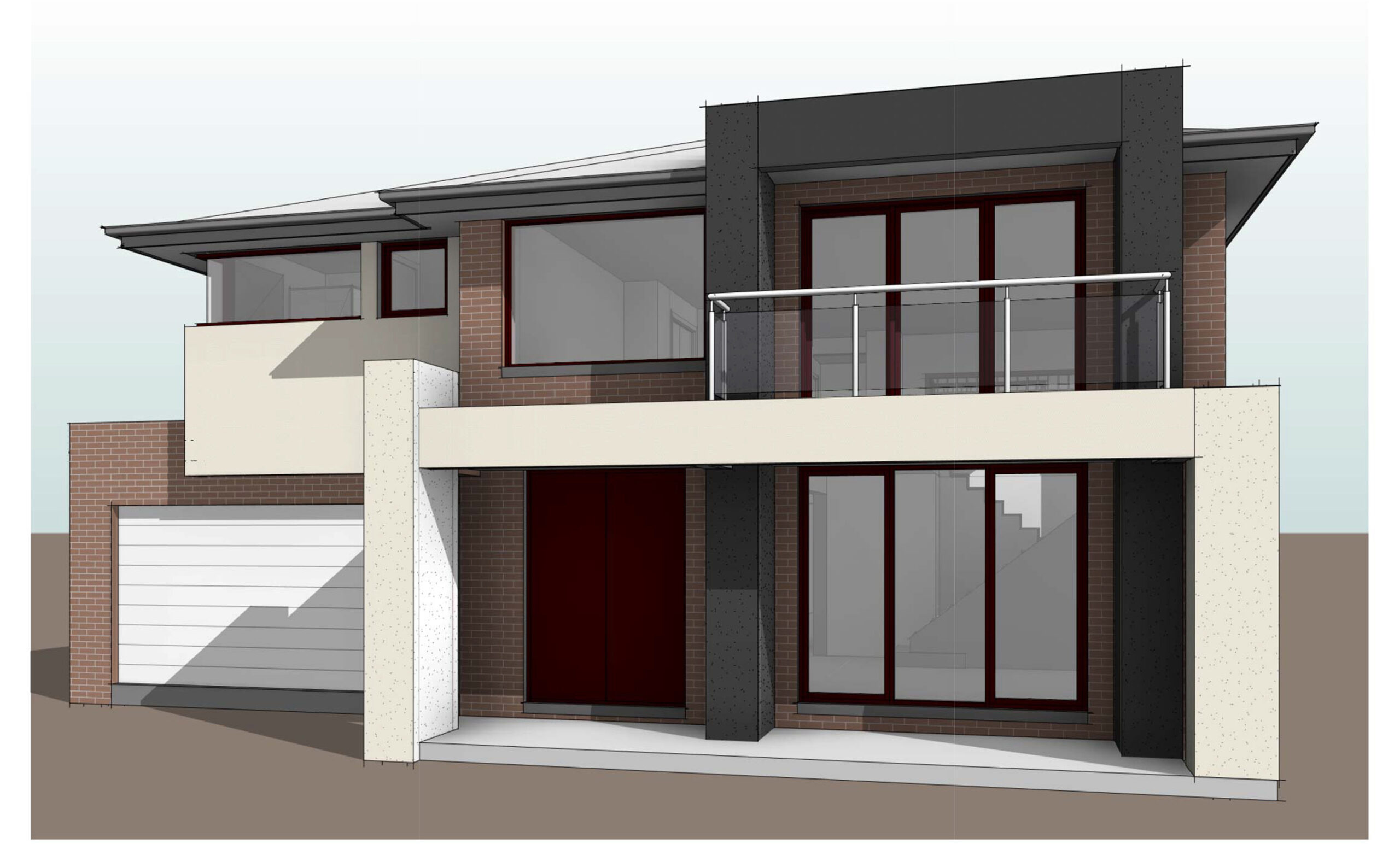Outsourcing Construction Documentation: Accuracy and Efficiency in Execution
Posted on : Jul 31, 2023
Introduction
In the fast-paced world of construction, accuracy and efficiency in executing projects are paramount. Construction documentation, which includes plans, drawings, specifications, and other critical details, plays a pivotal role in ensuring successful project completion. However, the preparation of comprehensive construction documentation can be a time-consuming and resource-intensive task for construction companies. As a solution, many firms are turning to outsourcing this crucial aspect of their projects. In this article, we will explore the benefits and challenges of outsourcing construction documentation, focusing on how it can enhance accuracy and efficiency in project execution.
The Significance of Construction Documentation
Construction documentation serves as the blueprint for any construction project. It includes architectural and engineering drawings, project plans, material specifications, and other vital details. Accurate documentation is crucial to ensure that construction projects adhere to industry standards, local regulations, and client expectations. Even minor errors in documentation can lead to costly rework, delays, and potential legal disputes.
Understanding the Outsourcing Process
Defining Project Requirements
Before engaging in outsourcing, construction companies must clearly outline their project requirements. This includes defining the scope of work, deliverables, and timelines. Having a well-defined set of requirements ensures that the outsourcing partner understands the project’s intricacies and can deliver the expected results.
Identifying the Right Partner
Selecting the right outsourcing partner is essential to the success of the project. Look for experienced firms with a track record of handling similar projects and possessing the necessary expertise in construction documentation. A thorough background check and client references can help make an informed decision.
Data Security and Confidentiality
Since construction documentation often contains sensitive information, data security and confidentiality are critical considerations when outsourcing. Ensure that the chosen partner follows robust data protection measures and has secure communication channels in place.
The Advantages of Outsourcing Construction Documentation
Cost Savings
Outsourcing construction documentation can significantly reduce project costs. By partnering with an external firm, construction companies can save on infrastructure, software, and employee training expenses. This cost-effectiveness allows firms to allocate more resources to other crucial aspects of the project.
Access to Specialized Expertise
Outsourcing provides access to a pool of skilled professionals experienced in handling construction documentation. These experts are well-versed in industry standards and can deliver accurate and high-quality documentation.
Enhanced Efficiency and Scalability
Outsourcing allows construction companies to scale their documentation efforts based on project requirements. During peak periods, additional resources can be easily allocated, ensuring timely project completion without compromising accuracy.
Mitigating Challenges of Outsourcing Construction Documentation
Communication and Coordination
Effective communication between the outsourcing partner and the construction company is essential for seamless project execution. Regular meetings and progress reports help maintain transparency and address any concerns promptly.
Quality Assurance
Maintaining the quality of outsourced documentation is vital. Implementing a robust quality assurance process ensures that the deliverables meet the required standards and specifications.
Time Zone Differences
Outsourcing to offshore locations may lead to time zone differences, potentially impacting real-time collaboration. However, proper scheduling and communication protocols can mitigate this challenge.
Case Studies: Successful Outsourcing Implementations
In this section, we will delve into real-life case studies where construction companies successfully outsourced their documentation requirements, showcasing the benefits and outcomes achieved.
Best Practices for Efficient Outsourcing
To ensure a smooth outsourcing experience, construction companies should follow these best practices:
Clearly define project requirements and deliverables.
Establish open and transparent communication channels.
Regularly review and provide feedback on deliverables.
Set up a robust quality assurance process.
Maintain data security and confidentiality.
Realizing Accuracy in Construction Documentation
3D Modeling and BIM Implementation
Utilizing 3D modeling and Building Information Modeling (BIM) software can enhance the accuracy of construction documentation. These technologies offer a comprehensive view of the project, reducing errors and conflicts in design.
Quality Checks and Reviews
Implementing thorough quality checks and reviews at various stages of documentation preparation helps identify and rectify errors early in the process, ensuring precision and accuracy.
Emphasizing Precision in Measurements
Accurate measurements are critical in construction documentation. Utilizing advanced measurement tools and techniques ensures precise and error-free documentation.
Boosting Efficiency through Technological Integration
Cloud-Based Collaboration
Cloud-based platforms facilitate seamless collaboration between teams, regardless of their geographical locations. This enables real-time access to documentation and promotes efficient communication.
Mobile Apps and Remote Accessibility
Mobile applications allow construction professionals to access and review documentation on the go, promoting agility and faster decision-making.
Future Trends in Construction Documentation Outsourcing
As technology continues to evolve, the outsourcing landscape is bound to witness significant changes. From advanced AI-powered documentation tools to virtual reality-based collaboration, the future holds exciting possibilities for the construction industry.
Conclusion
Outsourcing construction documentation is a strategic move that can significantly improve accuracy and efficiency in project execution. By partnering with the right outsourcing firm, construction companies gain access to specialized expertise while saving on costs. Proper communication, quality assurance, and technological integration are essential for successful outsourcing implementations. Embracing the future trends in outsourcing can further streamline construction processes and lead to remarkable project outcomes.




